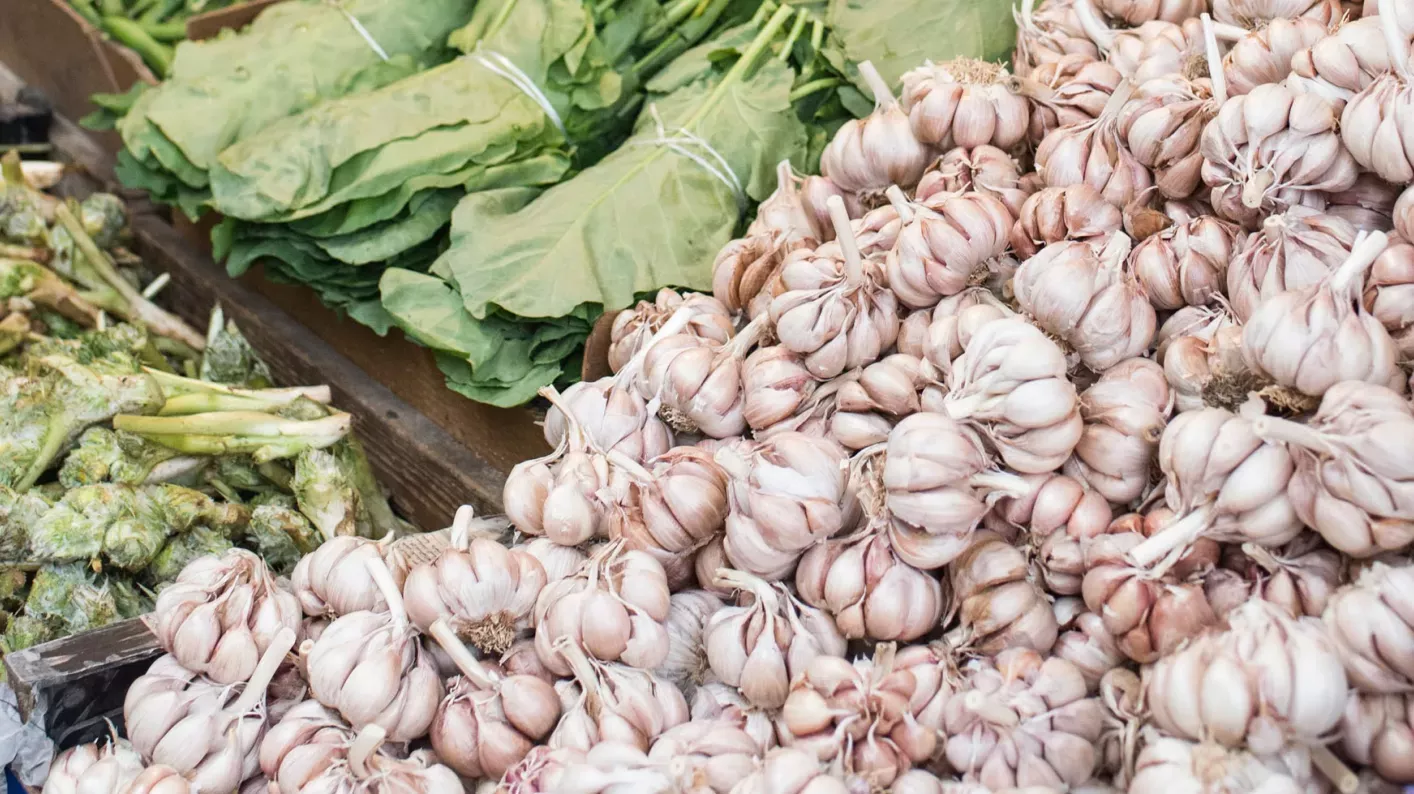
Restoring the traditional Mediterranean diet through the conservation of wild edible plants
Preserving traditional knowledge and conserving wild edible plants in Jordan and Lebanon.
Restoring traditional Mediterranean diet
Many inhabitants in developing countries depend directly on natural vegetation for everyday needs such as food, medicine, fuel and building materials. At the same time, these plants face a range of threats that include climate change, over-exploitation, droughts, habitat loss and invasion of exotic species.
Since 2007, the Project MGU - the Useful Plants Project (UPP) has been working with partners in Botswana, Kenya, Mali, Mexico and South Africa to conserve and sustainably use indigenous plants which are important to local communities. This has been achieved through their conservation in seedbanks, propagation in community nurseries and planting in community gardens, woodlots and forests, supported by research.
The first phase of the UPP ran from 2007 to 2010 and given that the ambitious targets were exceeded, during the second phase (2011-2017) the project was expanded. The current work has been enhancing the propagation of native useful plants in the communities to support income generation through the sustainable use of plants or their products.
The project was also scaled up by increasing the number of communities involved and by the inclusion of additional useful plants on the target list. Existing species reintroduction and reforestation programmes have been supported through the establishment of restoration plots using species from the project.
Seed collections of useful plants have been made and seed lots stored in-country with duplicates tested in Kew’s Millennium Seed Bank (MSB).
The capacity of communities to conserve and use sustainably a wide range of plant species has been enhanced through training workshops and the improvement of local facilities: useful plant gardens have been established and plant nurseries enhanced with the provision of materials and seeds. As a result, species have been propagated in partner countries and planted in local community and school gardens involving farmers and students.
Research including ethnobotanical, phytochemical, plant physiological and plant population studies, DNA profiling and in vitro propagation has been carried out on priority species. Information about the uses, conservation and propagation of the species has been compiled in leaflets, booklets, technical information sheets and posters that have been disseminated within the country in order to conserve and safeguard the associated traditional knowledge. In addition, the project has been successfully working with village schools which has led to the establishment of environmental clubs, school plant nurseries and gardens.
The main components of the project include:
The name MGU reflects the generous support provided by the philanthropist who funds the work of the Useful Plants Project. Additional funds were provided by the Wiet Pot Family Foundation.
Ulian, T., Flores, C., Lira, R., Mamatsharaga, A., Mogotsi, K. K., Muthoka, P., Ngwako, S., Nyamongo, D.O., Omondi, W., Sanogo, A. K., Sanogo, S., Mattana, E. (eds) (2019).
Royal Botanic Gardens, Kew. Kew Publishing, London.
Ulian, T., Sacande, M., Hudson, A., Mattana, E. (2016)
Journal of Environmental Planning and Management. DOI: 10.1080/09640568.2016.1166101
Rodríguez-Arévalo, I., Mattana, E., García, L., Liu, U., Lira, R., Dávila, P., Hudson, A., Pritchard, H.W., Ulian, T. (2016)
Genetic Resources and Crop Evolution. Vol. 63 No 6: 1-50
Ulian, T., Sacande, M., Hudson. A. & Mattana, E. (2016)
UNESCO, 2016. pp. 28-34, illus. ISBN 978-92-3-100120-8
Ordoñez-Salanueva, C.A., Seal, C.E., Pritchard, H.W., Orozco-Segovia, A., Canales-Martínez, M., Flores Ortiz, C.M. (2015)
Journal of Arid Environments. 115: 73-80
Moreno-Rodriguez, A., Vázquez-Medrano, J., Hernandez-Portilla, L.B., Peñalosa-Castro, I., Canales-Martinez, M., Orozco-Segovia, A., Jimenez-Estrada, M., Colville, L., Pritchard, H.W., Flores-Ortiz, C.M. (2014)
Journal of Food, Agriculture & Environment. 12: 1272-1279
Ulian T. (2014)
Kew Publishing Richmond, pp. 118

Preserving traditional knowledge and conserving wild edible plants in Jordan and Lebanon.
Restoring traditional Mediterranean diet